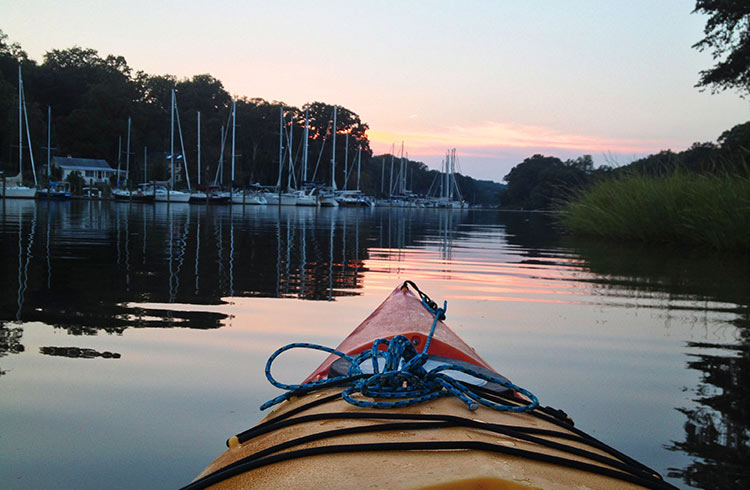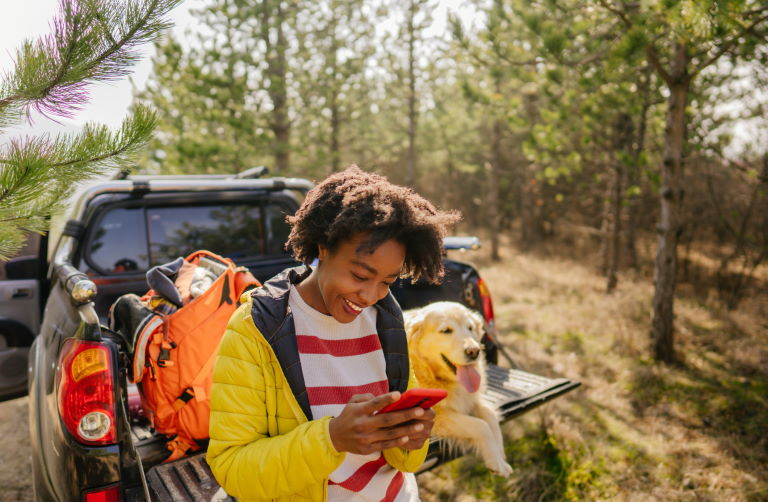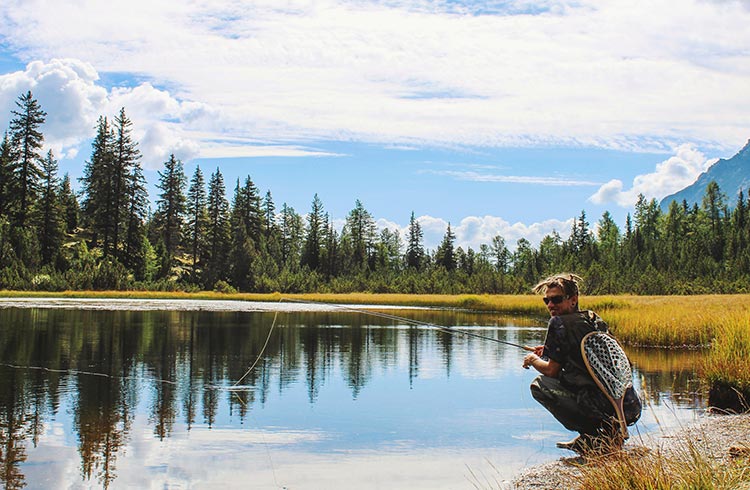It's not all fun and freebies. Working hard during a travel writing trip is essential for professionals wanting their stories to stand out.
 Photo © Getty Images/electravk
Photo © Getty Images/electravk
You’re not traveling now – you’re working – so make the most of it.
No matter how many assignments I zip off on, I’m always anxious and a little overwhelmed during those first few days. It all feels so daunting. One of the biggest mistakes I see aspiring travel writers make is failing to respect the work. They don’t ask questions. They don’t get names. They don’t take any notes whatsoever.
If you’re doing it right, an assignment can be fun but exhausting. As Tracy Ross, an award-winning national magazine writer, puts it (only half-jokingly): “Unless you are feeling depressed about your reporting the entire time you're on a story, you're not getting it.”
Here, some tips for doing a professional job that will get you the best shot landing another job.
- Pre-trip preparations
- To fix or no?
- Packing essentials
- Download our How to Make a Living as a Travel Writer guide
Pre-trip preparations
The work begins before you even go with some pre-trip research. If you did your pitch correctly, you’ve already made some good contacts and have some good facts at your fingertips. Now is the time to dig in.
- Read more about the place you’re going and not just from guide books. Find a great novel about Istanbul? Try to interview the author.
- Set up a Google alert with keywords relevant to your story to keep abreast of what’s happening
- Get a map, a real one, and trace your finger around your route, looking for mountains, rivers and bays with fun names that might come in handy later.
- Study the culture. Is the place famous for any poets, artists or musicians? Find their work and mine it for any good quotes.
To fix or no?
For complicated articles with language barriers or in places where you simply can’t waste a moment figuring out the local bus system, it may be worth your while to hire a “fixer". These are folks who act as translators and quasi-guides who can help you work more efficiently. Assignments to China almost always involve my hiring a fixer. Typically, you can find a college student or ask one of your local contacts for help finding someone. Rates vary of course. Visitor information areas often have a list of local guides who would be thrilled to take on a client doing interesting work instead of just another tourist.
Packing essentials
I try to travel with only carry-on if I can to avoid waiting for lost luggage. I love Eagle Creek’s Pack-It system for condensing soft goods like clothes and organizing chargers, adapters and batteries. Cotopaxi makes a great day pack that stuffs into its own sack. If you have a lot of electronic equipment, consider bringing along a power strip with multiple ports that can handle enough volts from the destination sockets to charge many things at once.
Must-pack items
- Notebook: the paper kind because you should try to take real notes with real pens that capture your thoughts as well as the facts. I like smaller Moleskine knock-offs that fit in my pocket and include a paper pouch in the back for stashing business cards. I give each notebook a name and take a picture of it that I stash in a digital file so I can remember months afterward what assignment went in which notebook.
- Digital voice recorder: I'm a fan of the Sony UX560 (about $100) for doing more serious interviews or for times when taking notes isn’t easy (like when riding in a bumpy jeep). I upload interviews to Temi.com, which charges $0.10 a minute for transcriptions that come back in minutes with time stamps. I use the Olympus TP-8 telephone pick-up microphone (about $20) for recording calls. (Local laws vary on the legality of this, so know them!)
- Camera. Fortunately most of the outlets I work for hire professionals to take photos or use stock images from an agency. I do take lots of pictures though. An editor might need a shot of something specifically mentioned or a library may ask me to give a talk. I like micro 4/3 cameras and GoPros for shooting wide-angle stills around water. Otherwise, I use my smart phone's camera like a notebook, snapping pictures of menus and people so I can remember them later.
- Laptop: I bought the smallest, lightest, least fancy MacBook Air for taking on trips, and I often leave it at home.
- Apps like Evernote help me keep everything in one place: text files, pictures of menus and signs, web clippings, business cards, my flights, contracts, everything. This becomes super useful during fact check. I download Google maps of the area I’ll be visiting before going.
- Expense tracking apps. I like the free version of Expensify for tracking what I spend on the assignment.
Download our How to Make a Living as a Travel Writer guide

Related articles
Simple and flexible travel insurance
You can buy at home or while traveling, and claim online from anywhere in the world. With 150+ adventure activities covered and 24/7 emergency assistance.
Get a quote


No Comments